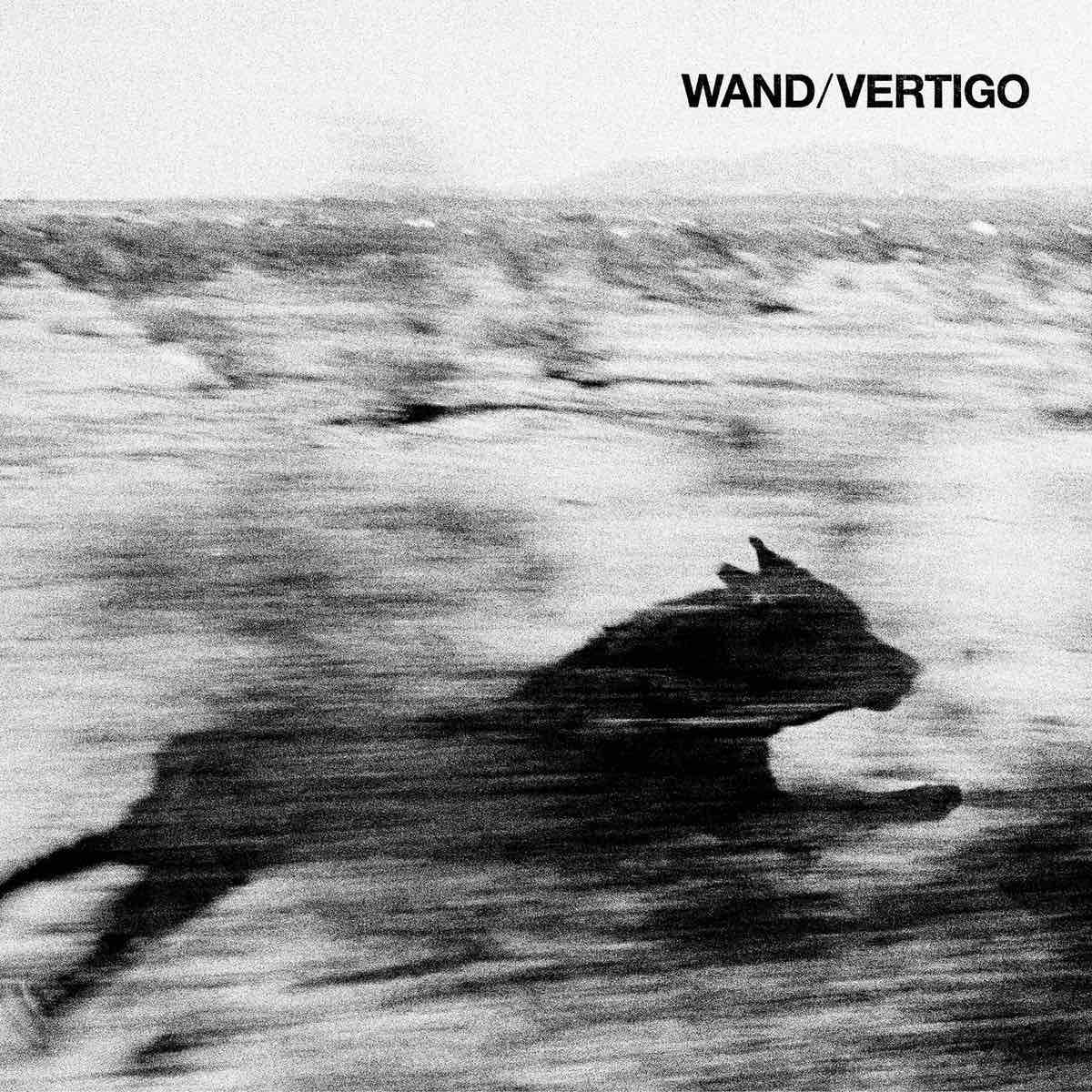Wand
Vertigo
DRAG CITY
Wand’s psychedelia isn’t one-size-fits-all. When they made their debut a decade ago with 2014’s Ganglion Reef, the Los Angeles group’s sound was heavily steeped in the hypnagogic garage rock of early Tame Impala, before Kevin Parker traded in his guitars for synthesizers. And in just a year’s time, with the release of 2015’s Golem, they thickened up their fuzz for a Hawkwind-meets-Stooges roar that set them apart from many of their large-hatted, Rickenbacker-jangling California psych peers. Yet over time that fuzz gave way to more nuanced songwriting and spacious arrangements, putting aside the paisley and fringe in favor of a sound that rewarded more patient listening with 2019’s Laughing Matter, bringing to mind the likes of Radiohead rather than Blue Cheer.
It’s been all forward movement for Wand up to this point, and while their sixth album Vertigo doesn’t find them retreating into their old habits, it reveals more tangible connections between their early, blazing garage bashers and later forays into more progressive terrain. Vertigo captures the whole of Wand’s sonic DNA in ways that their previous albums didn’t, in large part because their evolution happened at such a rapid pace, in such a concentrated period of time. But as they’ve crossed the 10-year line, Wand have delivered an adventurously cohesive album that doubles as a kind of Rosetta Stone for all of their releases to date.
The steady, soft percussive tap that opens leadoff track “Hangman” suggests a gradual awakening, the band coming back to life after a five-year interval in which a global pandemic showed up right on the tail of their previous album. Over the course of its five and a half minutes, however, the group reaffirm their spacey art-rock ambitions, juxtaposing gorgeously hazy melodies with a rich arrangement that grows in density—and slathered with some dirty, vintage psych-rock guitar textures. It bleeds directly into “Curtain Call,” which feels more like an extended coda than a proper song of its own. But by the late-album track “High Time,” the abrasive screech of distorted guitar comprises the whole of the canvas, building a curiously beautiful symphony of noise and feedback.
Throughout Vertigo, Wand never fully return to the power-chord crunch of their early material, but rather maintain an equilibrium between immersion and abrasion that, if anything, leans more toward the former. On the jazz-noir of “Lifeboat,” the group favors trumpet and Rhodes over Orange amplifier squeal, and the subdued “JJ” is lightly peppered with delay-pedal riffs amid rising climaxes of strings. But it’s on the Crazy Horse–channeling first single “Smile” where Wand achieve perfect balance. At its core, it’s a lullaby, one that could have been left well alone and it would’ve been stunning as is. Splattered in overdrive and soaring riffs, it transcends.







